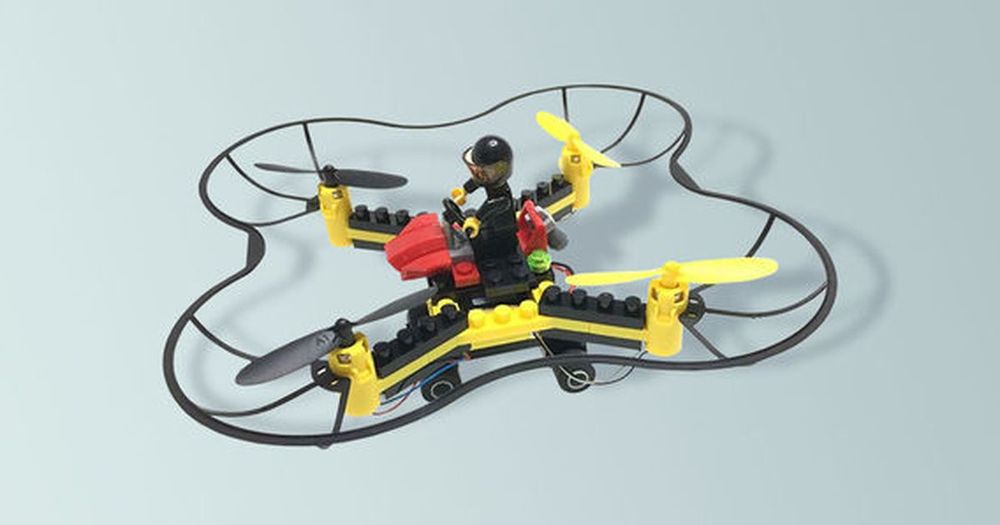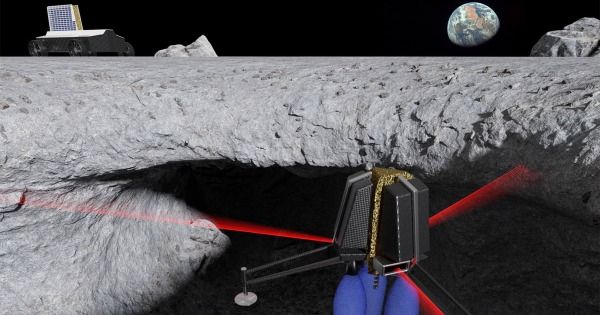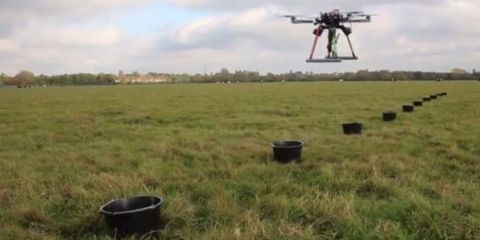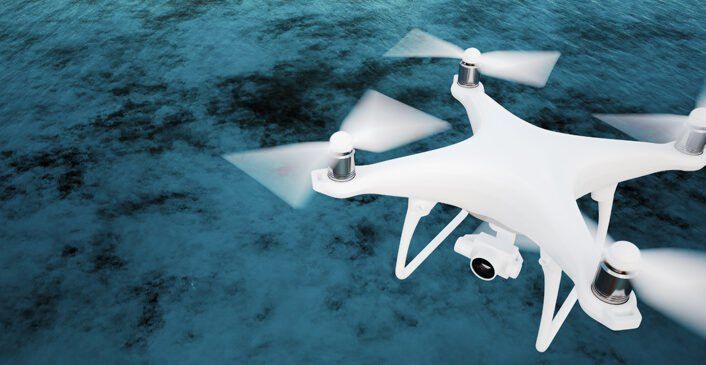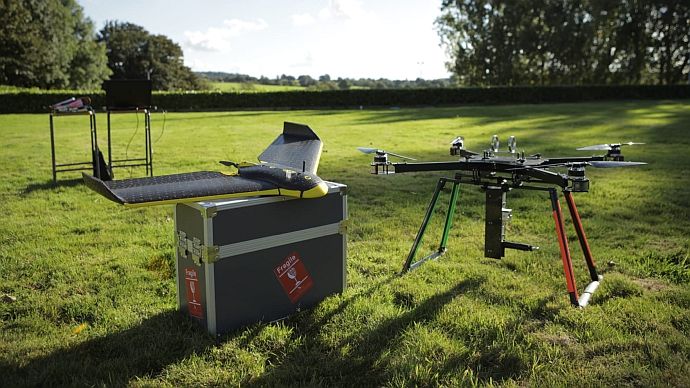It may be a cliché, but drone photography really does offer a new perspective on the world.
Winners of the 2018 Aerial Photo and Video Contest from SkyPixel (an online photo-sharing community owned by Chinese drone maker DJI) show how. The pictures and videos put architecture, nature, and humanity on display from unexpected heights and angles. The resulting imagery is stunning, and might make you rethink your place in the world.
Just consider it for a second. Where are you standing or sitting right now? What would it look like if you could see yourself from a distance? What surrounds you?

